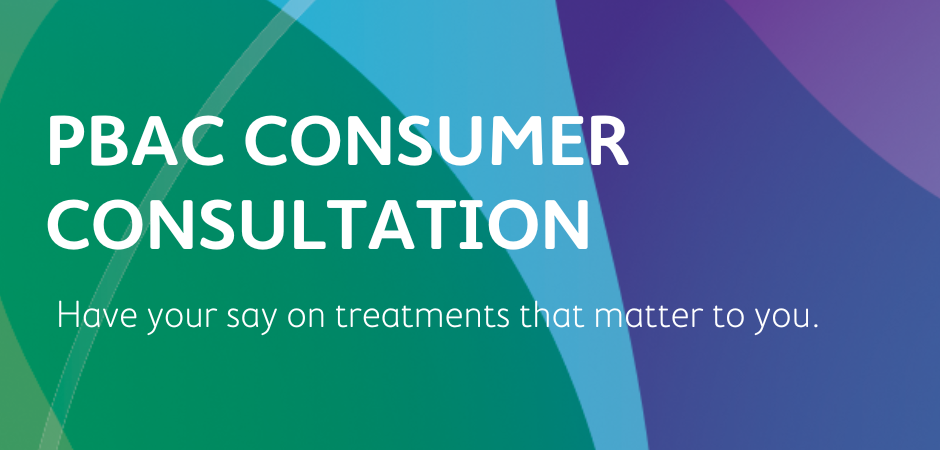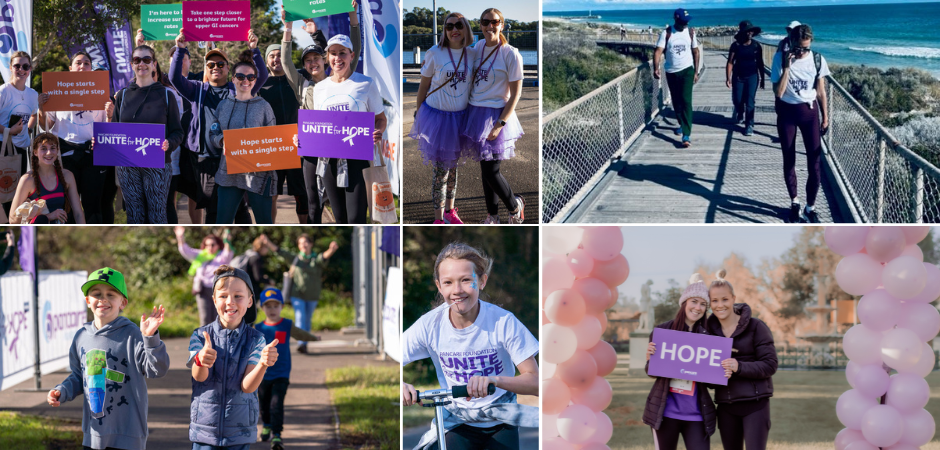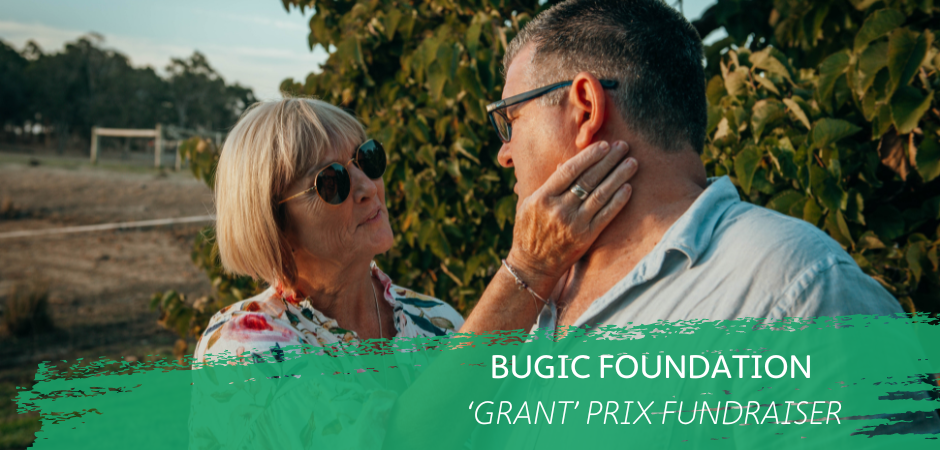Patient-reported outcomes (PROs)
Patient-reported outcomes (PROs) are now an essential part of all clinical research projects and grant funding in Australia.
Why measure quality of life?
Good quality of life is a universal aspiration, and health is a key aspect of our quality of life. When one’s health is threatened by disease and/or treatment, the individual affected – along with the family, carers and healthcare providers – are united in the aim of maintaining and improving quality of life.
Patient-reported outcomes (PROs) are an individual patient’s perspective on the impact of disease and treatment. Commonly studied PROs include health-related quality of life (HRQoL), symptoms, functioning as well as patient preference and utility.
These patient perspectives are critical to evaluating the effectiveness of health-related therapies and interventions such as new medicines, devices and/or programs aimed at delivering benefits for patients. The PROs are qualitative measures (e.g. results from standardised questionnaires and surveys), which complement the traditional quantitative outcomes such as survival rates.
In fact, major health systems and regulatory organisations in Australia now recognize PROs as integral to the overall evidence base for clinical care, practice guidelines, product labeling, health spending, cost-effectiveness outcomes and research funding.
Cancer-related quality of life
Quality of life is a dynamic concept, presenting a range of challenges that need to be understood and addressed. In fact, the study of cancer-related quality of life is now a field in its own right, dedicated to innovating and improving methodologies to enable patient quality of life measures to be captured effectively.
Health-related quality of life measures can be applied to a range of medical conditions, and upper GI cancer is an important area of focus for implementing PROs in care and research.
Improving survival rates of upper gastrointestinal (GI) cancers has been a key deliverable in Australia for decades, and now quality of life is an equally important focus.
The Pancare Foundation aims to support high-impact patient, carer and research programs that deliver better care and better lives for those affected by upper GI cancer. To these aims, we deliver our personalised PanSupport Wellbeing Services for all Australians affected by upper GI cancer and incorporate patient-reported outcomes in our support of research programs.
How can Pancare help you?
The Pancare Foundation offers an extensive range of research programs and patient and carer services. Connect with us today to find out more about:
- Referring patients and carers to our PanSupport service
- Pancare’s funding programs for upper GI cancer research, including Scholarships & Awards and Project Grants
- Connecting with the Pancare Consumer Advisory Network of patients and carers, who can valuable insight into their experience for grant applications and research proposals.
Learn more about the research programs we support and how you can help make a difference.




